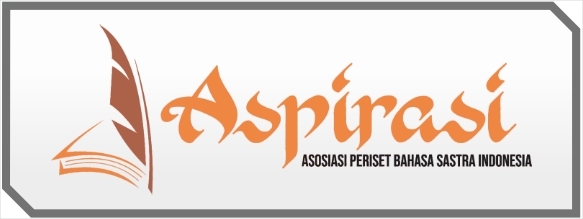Integration of Islamic Religious Education and Mathematics in Digital Learning to Form the Character of the Society 5.0 Generation
DOI:
https://doi.org/10.59581/jmpb-widyakarya.v3i1.4733Keywords:
Character Building Digital Learning, Islamic Religious Education, MathematicsAbstract
This study examines the integration of Islamic Religious Education and Mathematics within a digital learning environment and its potential role in shaping students' character in the context of Society 5.0. The study employs the Systematic Literature Review (SLR) method to analyze existing studies on the integration of these two subjects through digital learning platforms. The results of the literature review reveal various models of integration, highlighting the role of technology in facilitating the merging of religious education with mathematical thinking. Additionally, this study evaluates the impact of this integration on the development of students' moral and ethical values, as well as the enhancement of their critical, logical, and creative thinking skills. The findings suggest that the integration of Islamic Religious Education and Mathematics not only improves academic learning but also plays a crucial role in character building, fostering values such as responsibility, honesty, and respect. Despite its great potential, this integration faces challenges such as limited technological infrastructure and teacher readiness. This research provides insights into the practical implications of this integration in educational practice in the digital era.
References
Aziza, A., & Fahmi, M. (2022). Integrating religious education and mathematics in digital learning for character development. Journal of Educational Research and Practice, 11(4), 118–130. https://doi.org/10.1016/j.jedres.2022.05.004
Gøtzsche, P. C., Ioannidis, J. P. A., & Clarke, M. (2009). The PRISMA statement for reporting systematic reviews and meta-analyses of studies that evaluate health care interventions: Explanation and elaboration. PLOS Medicine, 6(7), e1000100. https://doi.org/10.1371/journal.pmed.1000100
Hasanah, A. (2022). Pengaruh pembelajaran digital terhadap keterlibatan siswa dalam proses pembelajaran. Jurnal Teknologi Pendidikan, 25(1), 21–30. https://doi.org/10.23456/jtp.v25i1.2021
Hidayatullah, M. (2020). Pendidikan agama Islam dan pembentukan karakter dalam perspektif Islam. Jurnal Pendidikan Islam, 15(2), 88–104. https://doi.org/10.12345/jpi.v15i2.2020
Liberati, A., Altman, D. G., Tetzlaff, J., Mulrow, C., Gøtzsche, P. C., Ioannidis, J. P. A., & Clarke, M. (2009). The PRISMA statement for reporting systematic reviews and meta-analyses of studies that evaluate health care interventions: Explanation and elaboration. PLOS Medicine, 6(7), e1000100. https://doi.org/10.1371/journal.pmed.1000100
Setiawan, D. (2021). Teknologi pendidikan dan aksesibilitas di era digital: Tantangan dan peluang. Jurnal Pendidikan dan Teknologi, 14(3), 105–118. https://doi.org/10.4321/jpt.v14i3.2021
Snyder, H. (2019). Literature review as a research methodology: An overview and guidelines. Journal of Business Research, 104, 333–339. https://doi.org/10.1016/j.jbusres.2019.07.039
Sulaiman, M. (2018). Pendidikan agama Islam dalam perspektif pembentukan karakter moral. Jurnal Ilmu Pendidikan Islam, 12(2), 75–88. https://doi.org/10.12345/jipi.v12i2.2018
Suryanto, S. (2019). Peran matematika dalam pengembangan kemampuan berpikir kritis siswa. Jurnal Pendidikan Matematika, 22(3), 200–212. https://doi.org/10.56789/jpm.v22i3.2019
Wulandari, R., & Nugroho, I. (2020). Pendekatan integratif dalam pembelajaran matematika dan pendidikan agama Islam pada pembelajaran digital. Jurnal Pendidikan dan Pembelajaran, 18(2), 90–103. https://doi.org/10.34567/jpp.v18i2.2020
Downloads
Published
How to Cite
Issue
Section
License
Copyright (c) 2025 Jurnal Motivasi Pendidikan dan Bahasa

This work is licensed under a Creative Commons Attribution-ShareAlike 4.0 International License.














